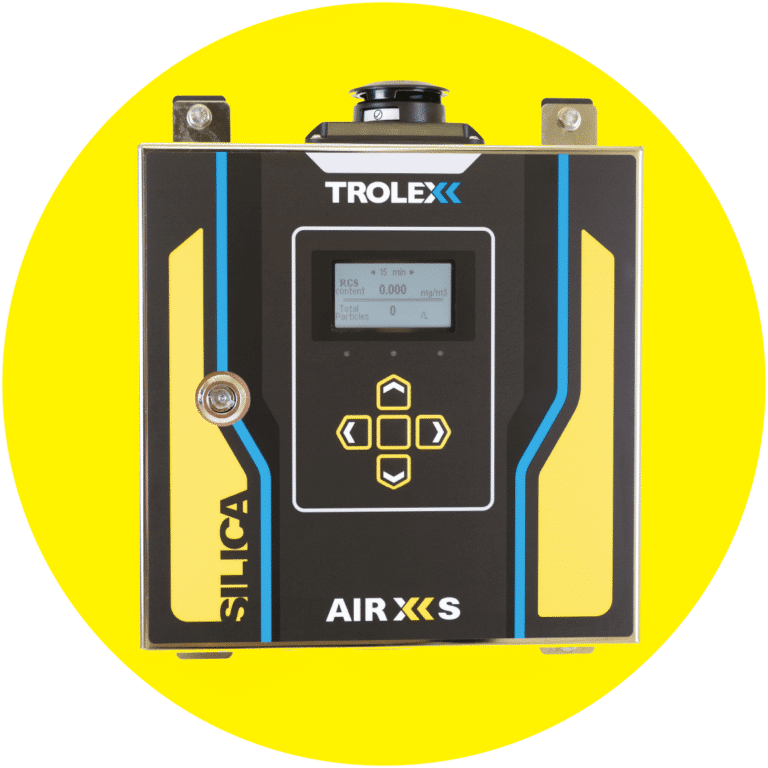Overview
Client: Pennine Aggregates
Location: Buxton, Derbyshire
Industry: Aggregate and mineral processing
Services: Blending and mixing, bulk tanker loading, contract bagging, contract drying screening and sieving.
Pennine Aggregates are one of the largest specialist aggregate and mineral processors in the UK. Based in Buxton, Pennine Aggregates are a global supplier to a wide range of companies, including ABC Industries as well as Sherwin-Williams, Cemex and Hansons in the UK.
A growing problem in this industry is the threat of occupational silicosis.
Silicosis now causes a huge number of deaths across an increasing number of industries, from clothing manufacturing to construction; but the aggregates industry have one of the highest risk profiles for this fatal occupational lung disease. This meant that Pennine Aggregates grabbed the opportunity with both hands to trial the world’s first real-time respirable crystalline silica (RCS) monitor, the AIR XS Silica Monitor, to see how they could integrate it into their existing dust suppression processes.
Mark Dickinson, a director at Pennine Aggregates said: “It’s really important to us as a business that we are using every tool that’s available to keep our workers safe and we were really excited to have the chance to see what impact using the first real-time RCS monitor would have on our processes and on workforce morale.”
In April 2022, we supplied them with an AIR XS unit to test their processes across two main site locations over a six-week period. For Pennine Aggregates, it wasn’t that they didn’t have dust suppression in place, but more that they didn’t know exactly how much dangerous silica dust each of their processes were producing.
Mike Thompson, QHSE Manager said: “We were asking ourselves right across the business – is our dust suppression actually getting the right amount dust out of the environment, as quite frankly, before we installed the AIR XS on our site we just didn’t know.”
Pennine Aggregates ran the AIR XS Silica Monitor on their site over a six-week period on each of the processes where they had put in place new dust suppression systems.

